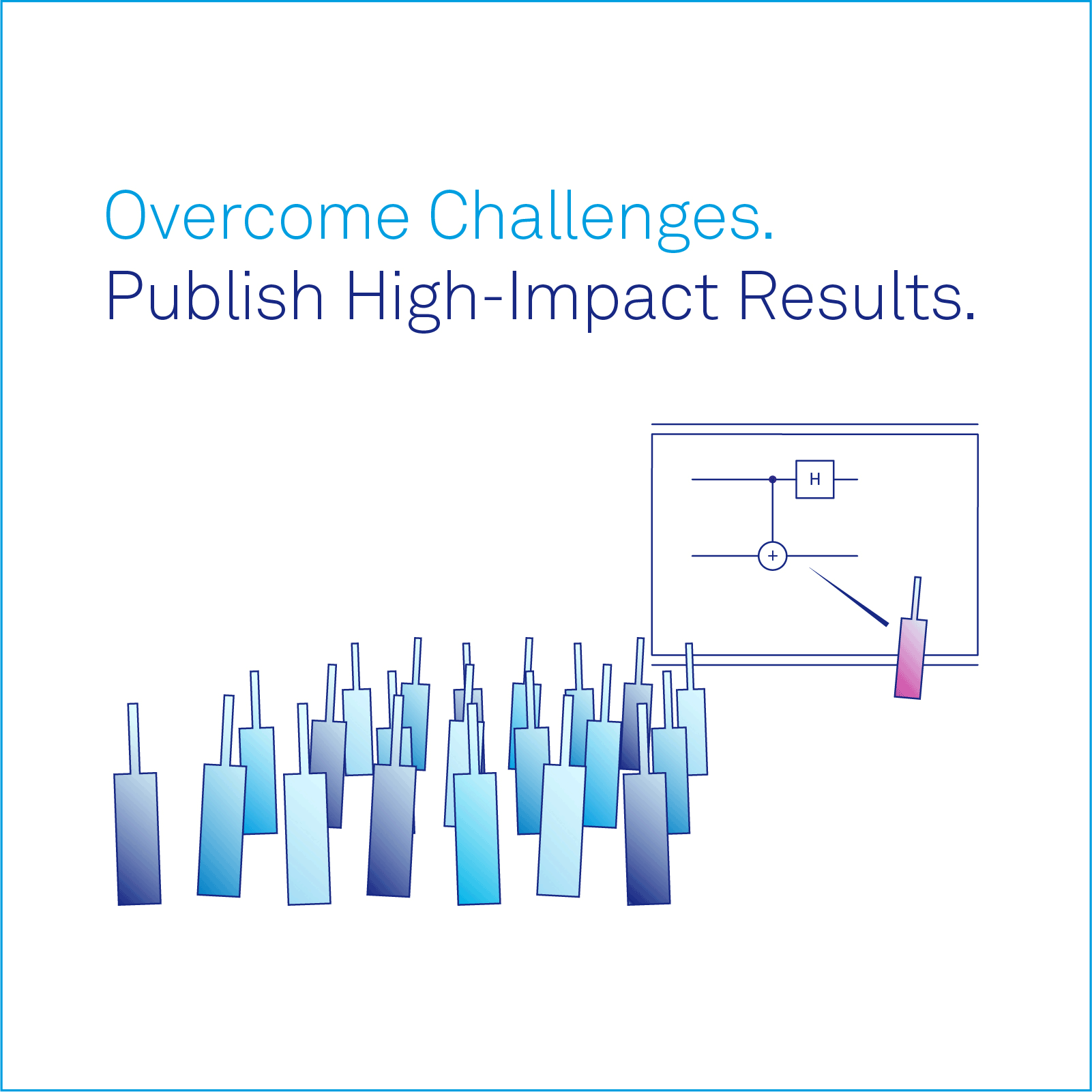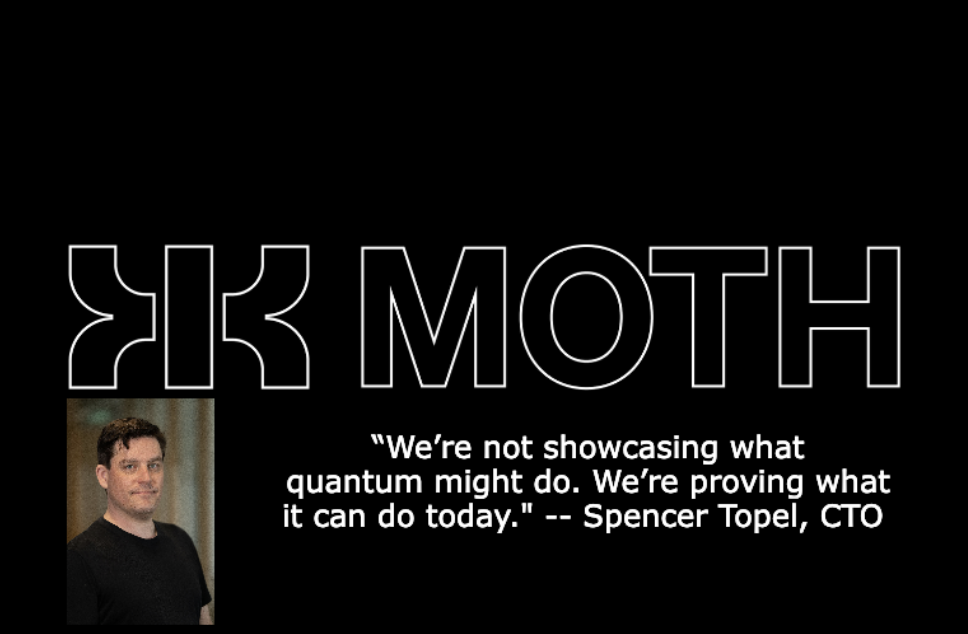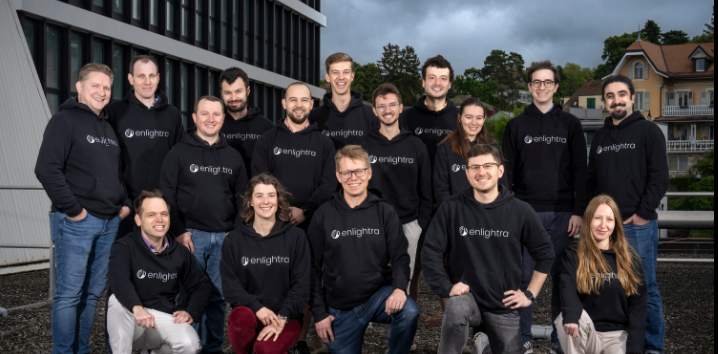Although there is still a lot of uncertainty in a type of computing driven by uncertainty, experts are beginning to advise enterprise-size businesses that they can no longer discount quantum computing, especially companies that rely, or expect to rely on AI.
“If you haven’t started thinking about how quantum computing will impact your enterprise, you should,” writes Ed Burns, executive editor of Tech Target. “It’s coming on rapidly and will have major effects, particularly on AI.”
Burns said experts at the 2019 AI World Conference and Expo said that planning must happen now to better understand how quantum computing will integrate with machine learning, or vice versa.
During a panel discussion at the conference, Matt Langione, project leader at Boston Consulting Group, told enterprise-sized companies that coupling quantum computing with machine learning will create AI models that are far more advanced than current ones at many processes, according to Langione. He said businesses that are involved in financial portfolio optimization, fluid dynamics and material design would be particularly well-positioned to take advantage of quantum AI.

“I think the opportunity is potentially transformative,” Langione said.
However, waiting for this hybrid technology to mature — one strategy that businesses use to hedge their bets on new tech — will probably not work, he said. that they shouldn’t wait to investigate how quantum technology will impact their industry. The skills needed to master quantum computing and the expense of the equipment will make it something “you can’t just buy your way into” once it’s more mature, he said.
Quantum AI will probably not replace conventional machine learning, according to Ahmed El Adl, AI consulting and intelligent solutions leader at Accenture. The biggest beneficiary of quantum-driven machine learning will be advanced R&D, according to El Adl. He said traditional computing can handle most of today’s common machine learning and AI applications. In those cases, quantum computing won’t add much value.
“We don’t need quantum computing for chatbots or natural language processing,” he said. “But, when we talk with the R&D organizations about the invention of new products, they tell us we’ve reached the limits of computational capabilities today. For life-changing applications, that’s where we need quantum computing.”
Is Quantum AI the Key to General AI?
While most current AI models are only better than humans at very specific actions, the dream of many AI developers is to create general AI, which can learn and understand many different types of tasks. That requires more advanced AI techniques. There’s a possibility that advanced quantum computing could facilitate general AI, El Adl said. True intelligence is made up of three areas: learning, knowledge representation and reasoning, according to El Adl. Today’s AI is essentially synonymous with machine learning. But the abilities to generalize knowledge to new situations and understand the contextual meaning of things — El Adl’s last two criteria — can’t be mastered on today’s computers. Quantum computers may be able to process this type of complexity, according to El Adl, leading to a revolution that would touch just about every industry.
“If we want to make real breakthroughs in AI, we need more computing power,” El Adl said. “Once we make this breakthrough, I do not see any industry that will not be positively affected.”
Challenges
Challenges remain in quantum computing development, according to Celia Merzbacher, associate director of the Quantum Economic Development Consortium. She said one of the primary roadblocks in using quantum computing and AI is a lack of quantum savvy. There is a skills gap in quantum computing that is holding back development.
“There’s currently a huge mismatch between supply and demand,” she said. “There’s a huge need for people who have some quantum literacy.”

















